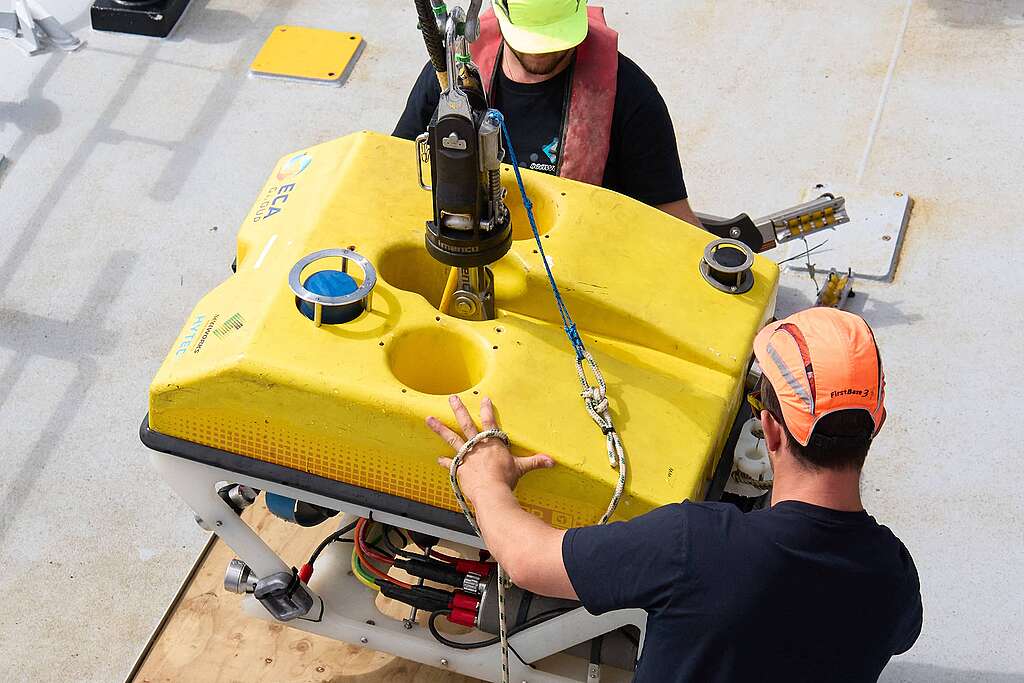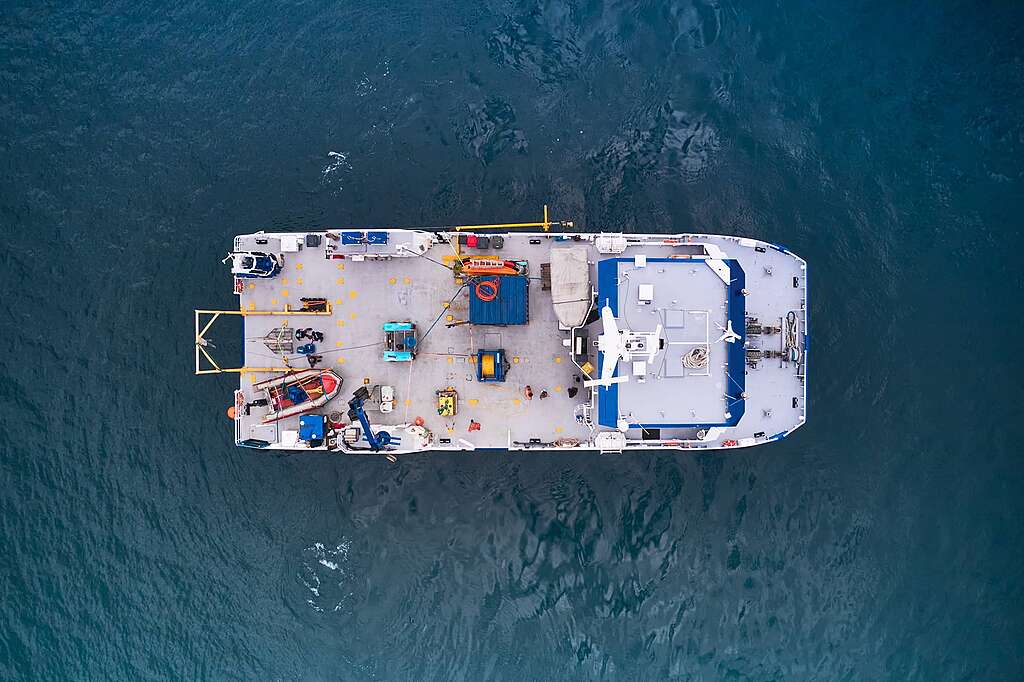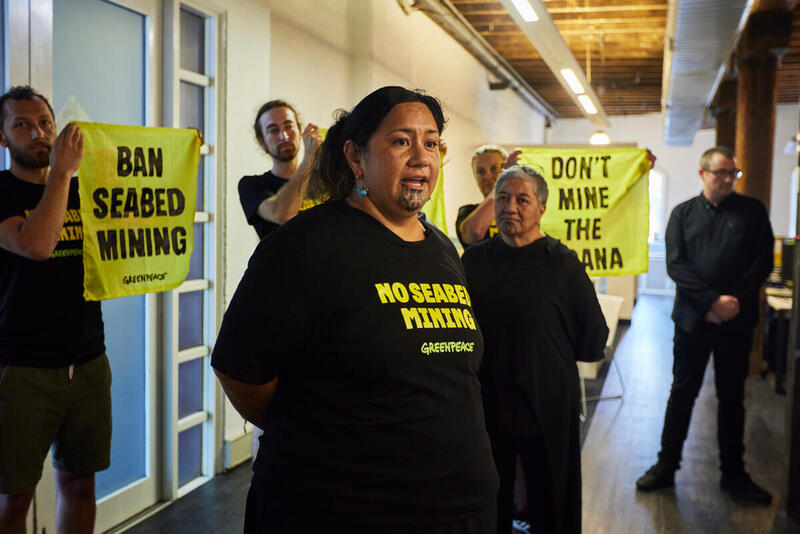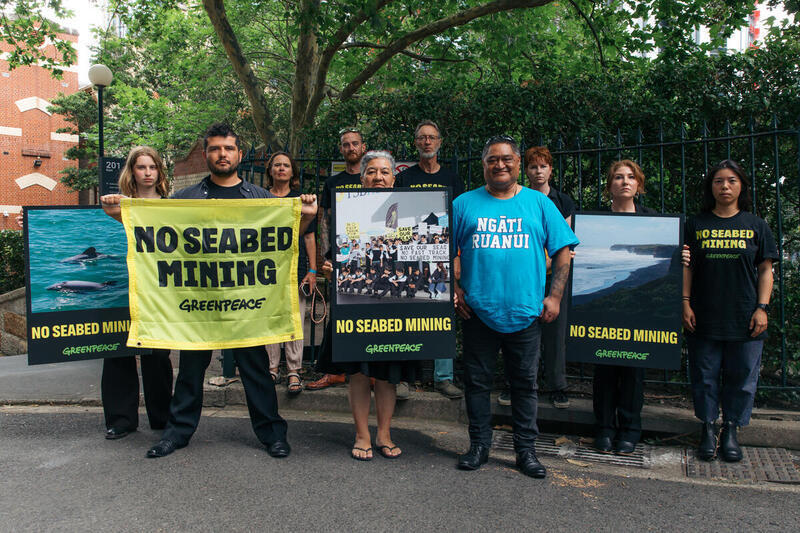And it’s a go. After over a year of planning, we’re here in Wellington, Aotearoa – getting the ship ready to head out and explore ocean life in the deep – including seamounts, underwater hills and knolls.
Loading the gear
Key members of our small expedition team have been on site in Port Wellington, for nearly a week, and on day 1 began fitting out the vessel with all the equipment we need for our voyage.
This includes specialist underwater cameras that we’ll use to capture underwater images of ocean life at great depths.
Cameras and equipment
A winch, an ROV, DropCam and a SubC camera – some sent from as far away as Aberdeen, Scotland! – are all adapted and fitted to the vessel over four days. With this work overseen by our onboard technical lead, John Murphy.
It’s really long days on deck for the crew and technicians, with plenty of issues emerging that need urgent solutions before we head out to sea.

Meet the cameras
ROV – remote operated vehicle, used to capture underwater images, and can be controlled by a remote operator
Drop Cam – a deep sea camera that can be “dropped” on a tether over the side of the ship to capture deep sea images
SubC – a subsea camera useful for getting ocean images.

We embarked on an exciting journey to uncover the secrets of the deep. Find out more here and see what’s at stake!
Follow along


